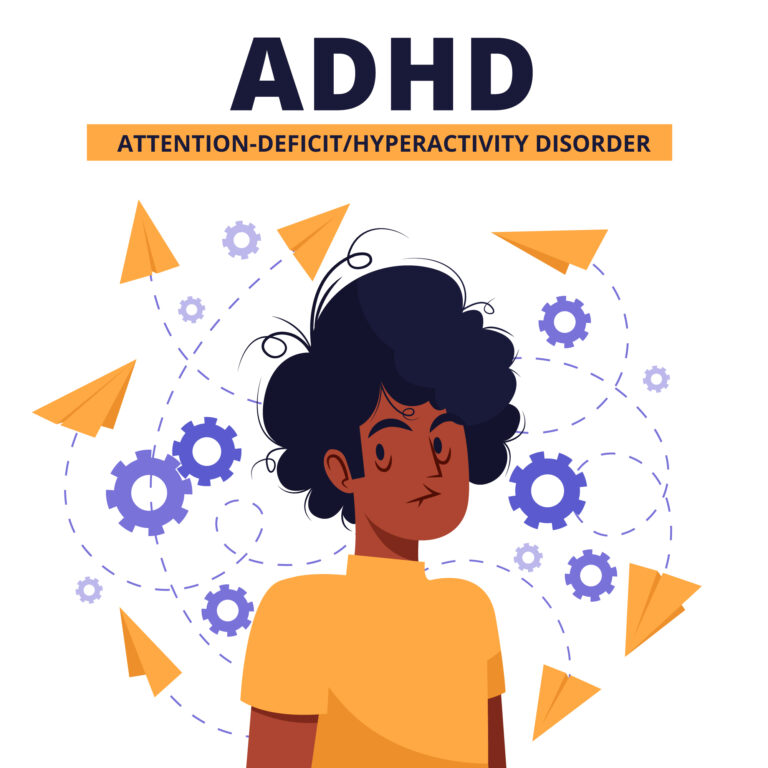Tips for a healthy lifestyle: making the most of your health
Being healthy includes physical and mental health, so it is important to consider both when striving for a healthy lifestyle. To achieve this, your lifestyle should incorporate both diet and exercise. Diet is important because it supports your body in receiving the nutrients that your body needs to form new cells and maintain good health. Exercise is important because it increases blood flow, oxygen flow, and builds muscle. The combination of a healthy diet and exercise can improve your overall health, reduce stress and make your life more enjoyable.
Follow these seven tips to increase your energy and live a happier, healthier, more productive life:
1. Eat nourishing food. A well-balanced, healthy diet is essential for total health. Eat fresh fruits and vegetables, whole grains, lean proteins and healthy fats, such as olive oil and omega-3 fatty acids. Avoid processed foods, deep-fried foods, saturated fats, and added sugars as much as possible.
2. Get enough sleep. Sleep is just as important as diet and exercise in maintaining good health. Adults should get seven to nine hours of sleep each night to be healthy and alert.
3. Stay hydrated. Drinking plenty of water is essential for maintaining a healthy lifestyle. Making sure to drink enough water helps keep your body and brain functioning properly.
4. Avoid smoking and alcohol. Smoking is detrimental to your health and has been proven to increase the risk of many diseases, such as cancer and heart disease. Also, excessive alcohol consumption can cause serious health issues.
5. Stay active. Exercise is essential to good physical and mental health. Regular physical activity helps keep your body strong, can reduce your stress levels and improve your overall wellbeing.
6. Spend time in nature. Studies have shown that getting out into nature can be beneficial to your physical and mental health. Spending time outdoors is a great way to de-stress and rejuvenate.
7. Balance work and leisure. A healthy lifestyle should be a balance of work and leisure activities. Working too much or too little can disrupt your work-life balance and stress levels. Make sure to spend some time unwinding and having some fun to stay healthy.
Consider the following tips for beginning to improve your overall health:
1. Eat more vegetables. Eating a diet high in vegetables and fruits can help prevent chronic diseases, reduce body fat, and slow the aging process. Vegetables are packed with essential nutrients, such as vitamins, minerals, and fiber. Aim to get five or more servings per day.
2. Get plenty of protein. Protein is a macronutrient that helps build and repair body tissues and helps with muscle growth. Eating a diverse source of protein can help you maintain a healthy weight and improve your overall health.
3. Exercise regularly. Exercise plays an important role in both physical and mental health. Regular exercise can help you lose weight, reduce stress, and improve your mood.
4. Manage stress. Stress is an inevitable part of life, but it can be managed. Regular stress management techniques, such as deep breathing, yoga, or meditation, can help reduce stress levels and help you stay healthy.
5. Lower your risk of injury. Prevention is key when it comes to safety. Wear a helmet while riding a bike, put on a seatbelt while driving, and check the smoke and carbon monoxide detectors in your house. Following simple safety steps can reduce your risk of injury.
6. Drink more water. Drinking plenty of water helps keep your body hydrated and can improve your physical and mental performance.
7. Take a multivitamin. Taking a multivitamin supplement can help ensure you are getting the essential vitamins and minerals your body needs. Talk to your doctor to determine what type of supplement is right for you.
How to eat healthy on a Budget:
1. Choose fresh produce over processed foods. Fresh produce is generally cheaper than processed or packaged foods, and it is much healthier. Choose a variety of colorful fruits and vegetables for maximum nutrition.
2. Limit sugar and saturated fat. Avoid foods high in sugar, such as candy and soda, and processed or fried foods high in saturated fat. These can be unhealthy and often more expensive.
3. Buy in bulk. Buying in bulk is often cheaper than buying individual items and can save you money. Consider buying large bags of frozen vegetables and fruits that can be portioned out and stored for later use.
4. Look for store brands. Store brands are often cheaper and just as nutritious as more expensive name brands. Check the ingredient list to make sure you are getting the same quality product and check product labels for calorie content and nutrient information.
5. Use leftovers. Get creative and find ways to use up leftovers so they don’t go to waste. Consider repurposing leftovers into a new meal, such as a soup or casserole.
6. Try plant-based proteins. Plant-based proteins, such as legumes and tofu, are often cheaper than animal proteins and can be just as nutritious. Soybeans, for example, are a complete protein, providing all essential amino acids.
7. Shop at farmers markets. Shopping at farmers markets is often cheaper and more convenient than going to the grocery store.
Tips to keep your body healthy:
1. Exercise regularly. Regular physical activity helps keep your body strong, can reduce your stress levels, and improve your overall wellbeing.
2. Eat a nutritious diet. Eating a combination of different foods, including fruits, vegetables, legumes, nuts, and whole grains, is essential for good health. Adults should eat at least five portions (400g) of fruits and vegetables per day.
3. Avoid unhealthy habits. Habits such as smoking and excessive alcohol consumption can cause serious health issues and should be avoided.
4. Get enough sleep. Most adults need between seven and nine hours of sleep each night to be healthy and alert.
5. Take care of your skin. Protecting your skin from the sun is important in reducing your risk of skin cancer. Wear sunscreen and a hat when outdoors, and try to limit direct sunlight exposure.
6. Take steps to prevent injury. Wear a seatbelt when driving, use smoke and carbon monoxide detectors in the home, and be street smart when walking alone.
7. Drink plenty of water. Staying hydrated helps keep your body and brain functioning properly. Aim to drink at least eight glasses (64 ounces) of water per day.
What are some Healthy habits to help?
1. Eat breakfast. Eating a healthy breakfast can jumpstart your metabolism and provide energy for the day ahead. Make sure to include carbohydrates, such as whole-grain cereals, oats, and bran, in your breakfast.
2. Take breaks during the day. Taking short breaks throughout the day can help you stay focused and productive.
3. Drink herbal teas. Herbal teas, such as chamomile and peppermint, can help reduce stress and help you relax.
4. Take time to enjoy life. Taking time to appreciate the world around you can help reduce stress and promote overall wellbeing.
5. Practice relaxation techniques. Relaxation techniques such as deep breathing and meditation can help reduce stress and promote mental clarity.
6. Practice yoga. Yoga helps reduce stress, increase flexibility, and promote overall health.
7. Spend time with friends and family. Spending time with those you care about can help reduce stress and negative thoughts.
Following these tips can help you make the most of your health and create a healthier, happier lifestyle. Remember to focus on both physical and mental health so that you can feel your best.







